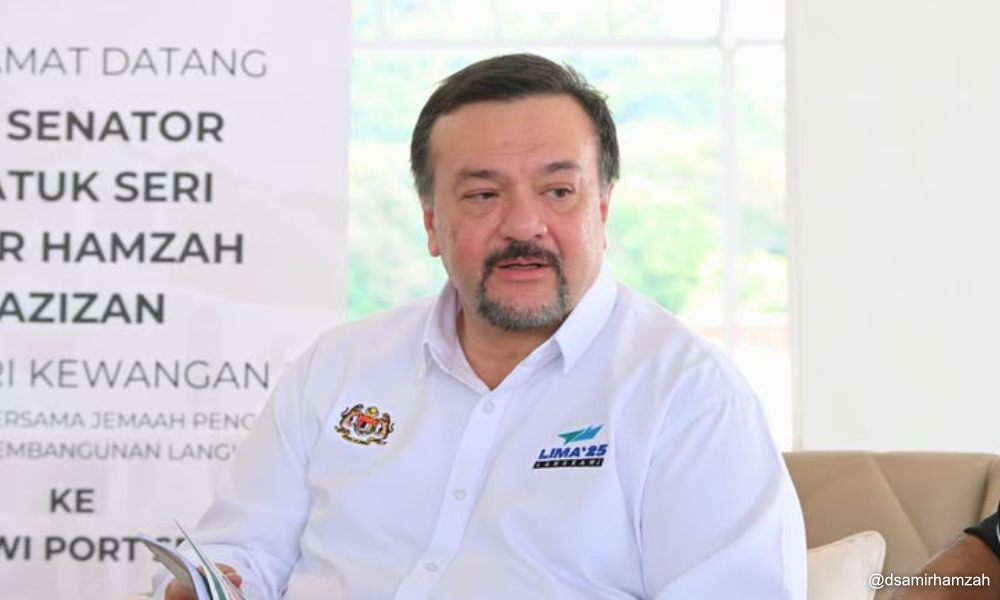Copyright standard

An assisted dying law should not be so complicated that only those with access to top lawyers are able to use it, England’s chief medical officer has said. Professor Sir Chris Whitty also reiterated his view that regulations in the legislation should be as simple and clear as possible, having previously spoken of the need to avoid people with just months left to live becoming “stuck in a bureaucratic thicket”. Sir Chris addressed a Lords select committee on its final day of taking evidence, alongside health and care minister Stephen Kinnock. Asked about equitable access to assisted dying should the Terminally Ill Adults (End of Life) Bill pass into law, Sir Chris said people “of all walks of life who are capable of taking the fundamental decision should be able to navigate the process subsequently, and I do think it’s important that people think about that as they go through the debates that follow this committee”. The Bill is due back before the whole House of Lords for wider committee scrutiny next week. During Wednesday’s evidence session, Sir Chris said he believed it would be “a mistake” for palliative care and assisted dying to be a single service because medics should “not feel under any obligation” to participate. Previous evidence to the Lords has included medical bodies stating that assisted dying should be a separate service, and that it should be opt-in for medical professionals rather than the current opt-out model. Sir Chris was also asked about the prospect of further safeguards being added. He told peers: “I think that it is always tempting to try and deal with problems by layering layer upon layer of complex bureaucracy on top of one another. “And I would hope that if this is passed, Parliament will resist that temptation.” He said the best regulations “are ones that are simple and are clear”. Concerns have been raised about the Bill by a number of medical colleges including the Royal College of Psychiatrists (RCPsych), which announced in June it could not support the legislation in its current form, citing various issues including the safeguarding of people with mental illness and around the assessment of mental capacity. Sir Chris told the committee he is “in favour” of use of the Mental Capacity Act for “purely practical” reasons “which is to do with the fact that people (health professionals) use it the whole time and therefore understand it”. The Bill is due to return to the Lords on November 14. In its current form, the draft legislation, which applies only to England and Wales, would mean terminally ill adults with six months left to live could apply for assistance to end their lives, with approval needed from two doctors and an expert panel. Opponents of the Bill have stated it puts the most vulnerable in society, including disabled people, at risk of coercion or choosing an assisted death amid fear of becoming a burden. Right to Life, an organisation opposed to the Bill, branded Sir Chris’s comments on bureaucracy “outrageous”, adding “safeguards protect the vulnerable and should not be dismissed so casually”.



